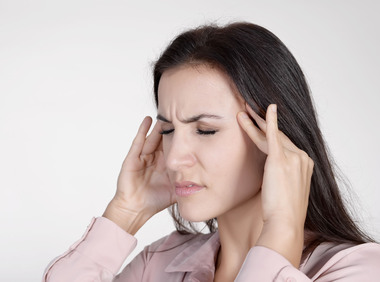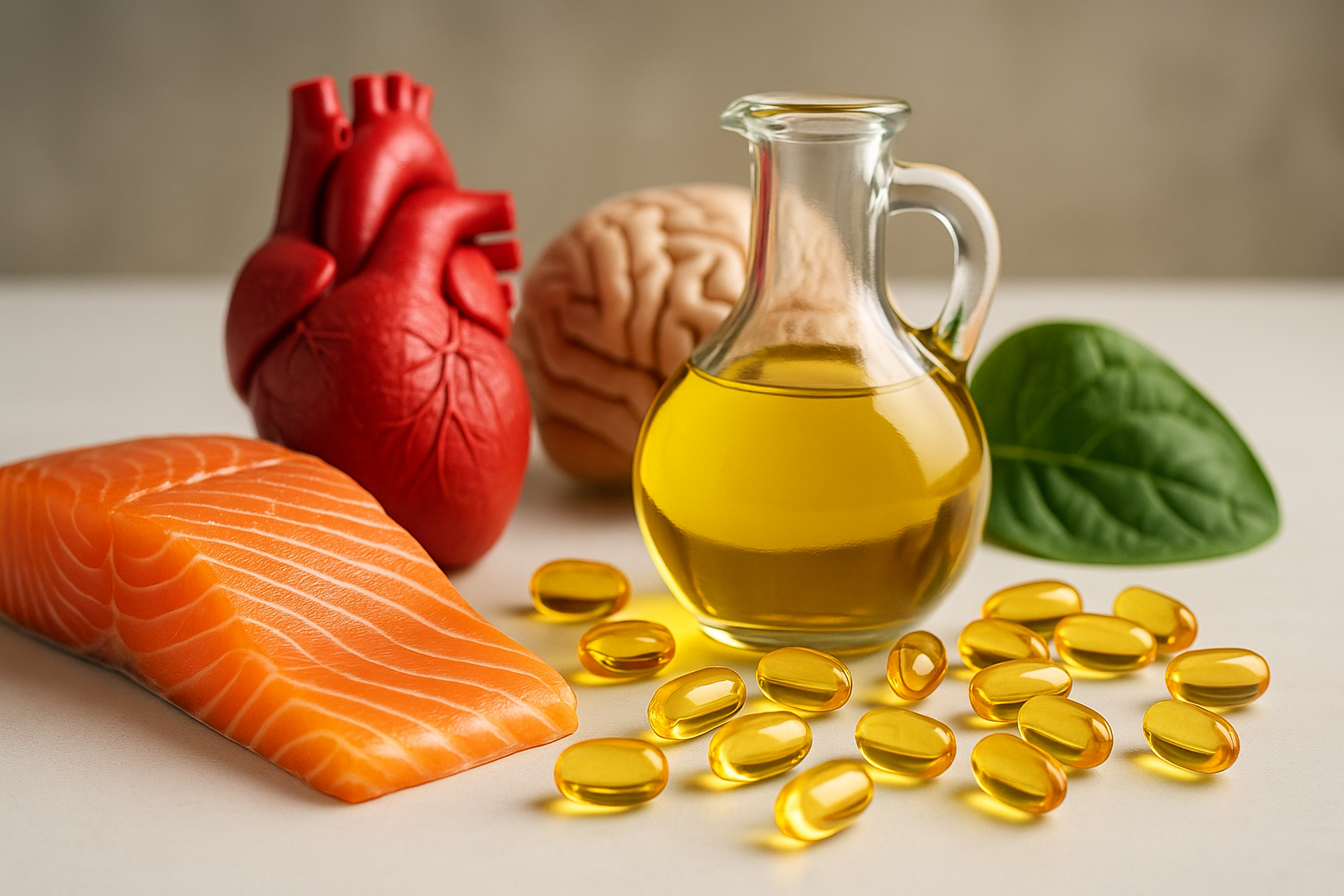
There are different types of headaches and at least as many causes. The choice of chemical agents is many times greater. But before starting treatment, you should get to the bottom of the triggers, because between the classic tension headaches and migraines there are many facets, all of which require special treatment. Headaches have been classified by the World Health Organization as the most common disorder of the nervous system.
Nearly everyone has suffered from tension headaches, which are named after tense muscles in the shoulder and neck area or tension in the jaw and scalp. Often stress, depression or anxiety are the actual triggers. Tension headache often occurs in people who are overworked, consume alcohol too regularly, do not eat regularly or sleep too little. It is important to be examined before taking natural remedies, because in rare cases headaches can be a serious illness.
If there are no organic causes, ginger, for example, can help: The root inhibits the synthesis of prostaglandin, a substance that causes headaches. Taken as tea, ginger has no side effects. Aromatherapy with various essential oils can also provide relief. Essential oils can not only relieve pain, improve circulation and reduce stress, they also stimulate the immune system. They are boiled in water in a ratio of five millilitres to 250 millilitres and, after cooling, are applied to the forehead and neck using damp cloths, where they are left to work for about half an hour.
Feverfew is also known for its effects against headaches and migraines. The essential oils it contains have an anti-inflammatory and pain-relieving effect - this soothing tea can be drunk once or twice a day.
If nothing helps, a magnesium or vitamin deficiency could be present, both of which lead to muscle aches, cramps, impaired vision and even headaches. It can also be helpful to observe the triggers and avoid them as much as possible in the future.
* This text may contain translation errors as the translation was performed by an online translation tool.










